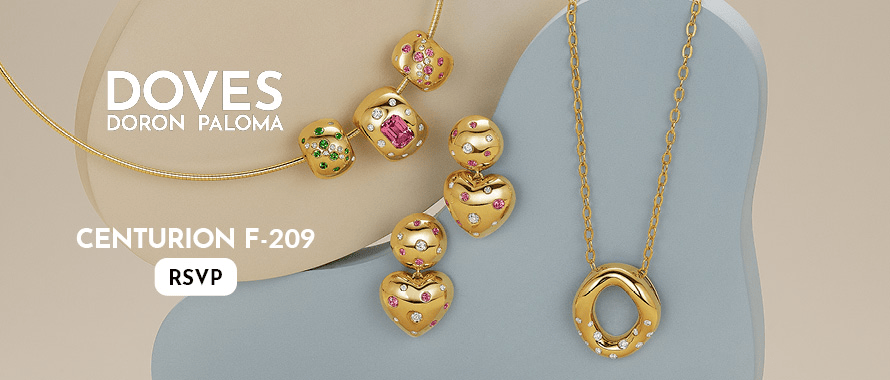Sales Strategy
How Pandora’s Strategy Spurred 14% U.S. Growth Amid a Sluggish Jewelry Market February 25, 2025 (0 comments)

COPENHAGEN, Denmark--While overall U.S. jewelry sales rose only 1.3% in 2024—driven by price hikes amid a 1.6% decline in units sold—the accessible-luxury brand Pandora defied market trends. A report by Forbes noted that in the U.S., Pandora’s same-store sales grew by 8%, and its organic sales reached $1.3 billion (DKK 9,709 million), largely due to the launch of 37 new concept stores and the acquisition of 36 partner locations.
[Image via istockphoto.com]
U.S. Market Expansion and Global Growth
According to Forbes, Pandora’s U.S. market remains critical, representing 31% of its total revenue. Globally, the company reported organic sales increases of 13% and a like-for-like rise of 7%, bringing total sales to $4.4 billion (DKK 31,680 million). This expansion was supported by the opening of 236 new stores—including 137 concept stores and 99 shop-in-shops—resulting in nearly 7,000 points of sale worldwide. The core charm-and-bracelet line continues to drive 74% of total sales, while its “Fuel with more” full-jewelry segment, featuring lab-grown diamonds, saw a 22% increase to $1.1 billion (DKK 8,149 million). (Forbes )
Strategic Initiatives for Long-Term Sustainability
Facing a challenging market, Pandora has pursued a multi-pronged approach known as the Phoenix strategy. As detailed by Forbes, this strategy has four main pillars:
Transformation into a Full-Jewelry Brand: Building on its heritage, Pandora expanded its product range with an elevated design focus, rebranding its in-store experience with the new Evoke 2.0 concept.
Assortment Diversification and Collaborations: Differentiating between its core collections and the broader “Fuel with more” line, Pandora has introduced lab-grown diamond pieces and partnered with global brands like Disney and Marvel.
Market Penetration: Besides doubling U.S. sales from the 2019 baseline, Pandora is expanding in established and emerging markets, though progress in China remains gradual.
Digital and Retail Personalization: Enhancements in digital platforms, including a revamped website supported by AI, are designed to improve customer engagement, a focus reiterated in the Forbes report.
Pandora’s commitment to sustainability is also notable. Transitioning to fully recycled precious metals in 2024 and aiming for a 50% reduction in emissions by 2030, the brand has been recognized among the world's most sustainable brands by Corporate Knights and Time Magazine.
CEO Alexander Lacik, who joined Pandora in 2019, emphasizes in the report that while many competitors have resorted to heavy discounting, Pandora’s investments in brand building and customer relationships have yielded six consecutive quarters of double-digit growth. His strategic vision, which includes rethinking digital engagement to capture the 98% of online visitors who do not convert, positions the brand for sustained long-term success.
Learn more in this Forbes report.






